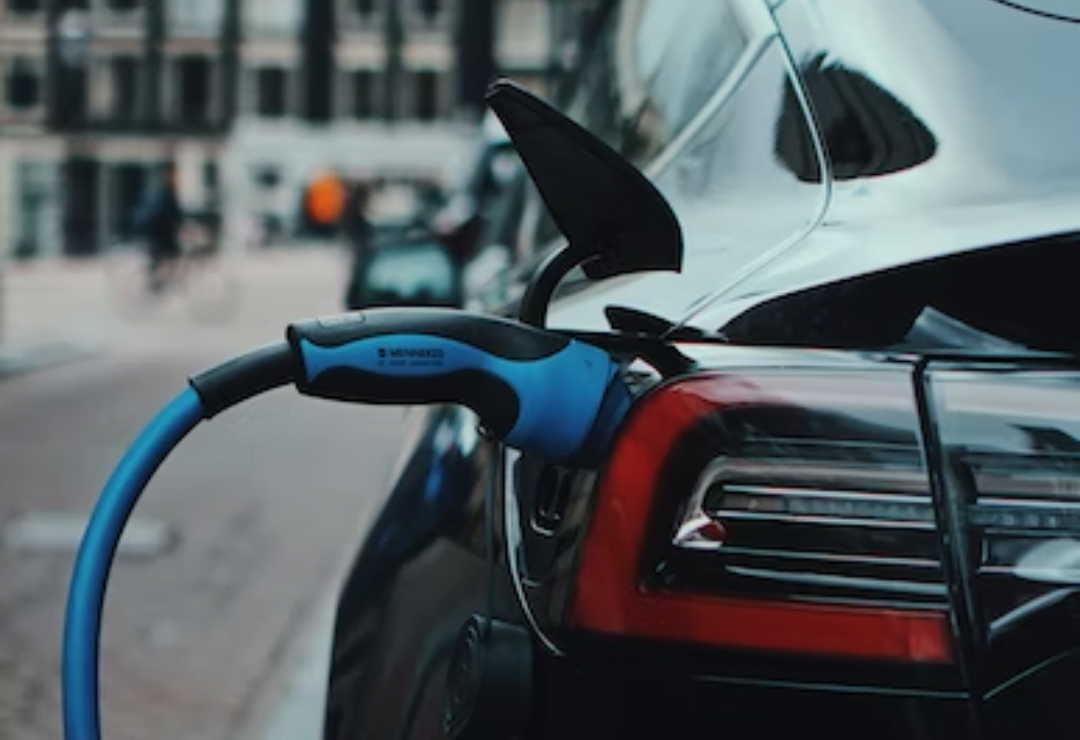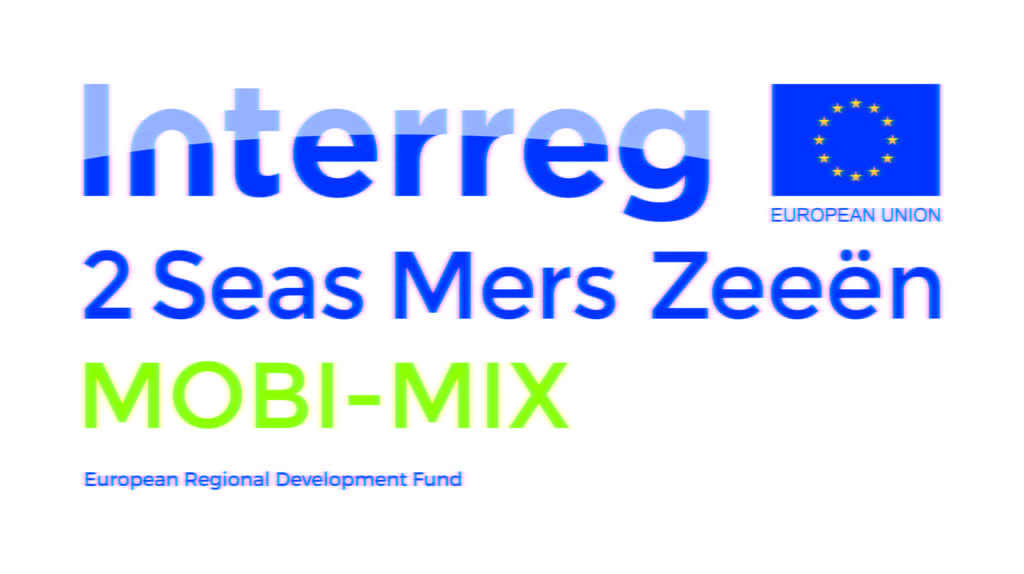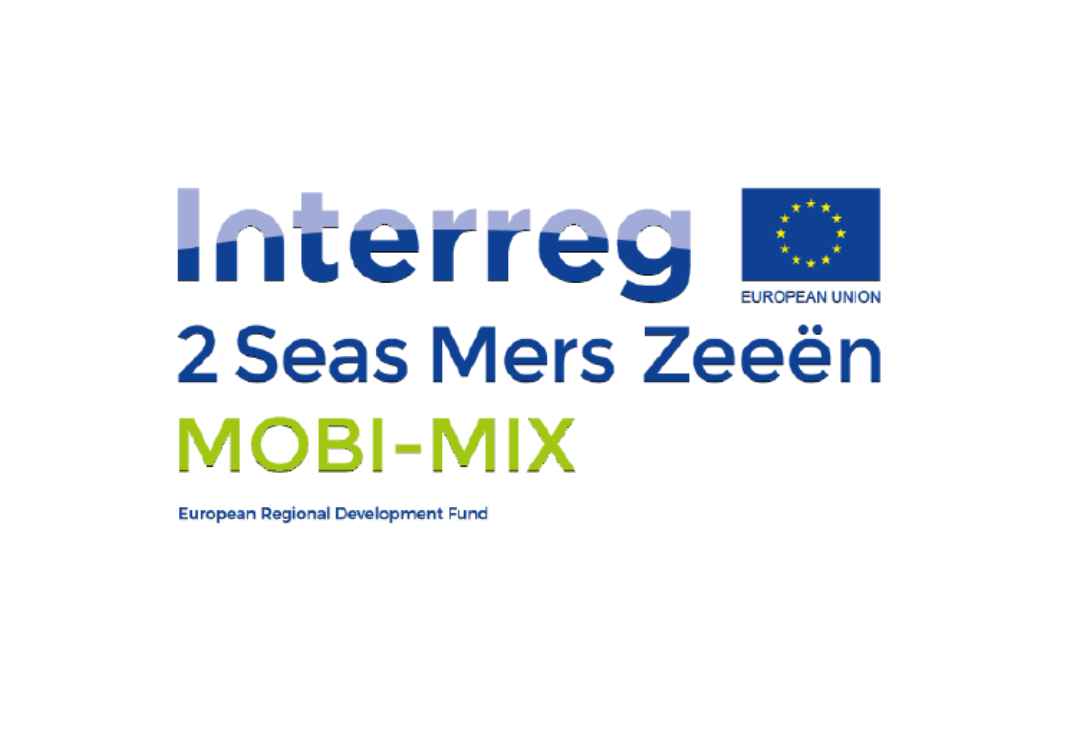'Mobility hubs, a lever for more sustainable mobility?' MOBI-MIX investigates
'Mobility hubs, a lever for more sustainable mobility?' MOBI-MIX investigates! In its third report, mobility hubs take the center stage, looking at what are its definitions, objectives and best practices for implementation.
The third MOBI-MIX Insight Report focuses on mobility hubs, with the title: 'Mobility hubs, a lever for more sustainable mobility?'. In the last decades, mobility policies and transportation services have been evolving rapidly. By now, most public authorities have placed sustainable mobility objectives at the core of their policies. In this context, we can notice many changes in the urban environment, infrastructure, amenities, and services. In addition to the reinforcement and continuous improvement of public transport, cities also encourage, among other practices, the use of active modes.
Within this framework, mobility hubs bring together different means of shared and public transport, offering alternatives to private vehicles. They are perceived to be one of the several solutions or mix of solutions, that cities and regions could consider for more sustainable mobility. These urban facilities are likely to offer significant advantages over already existing solutions, such as encouraging the use of public transport, multimodality, walking, cycling, and shared mobility. Indeed, locating several modes of mobility in the same place would increase the visibility of the modes provided
The report provides an in-depth look at mobility hubs, to answer the following questions:
- What are the mobility hubs?
- What are their main objectives?
- What are the different types of mobility hubs?
- What are the most relevant projects of mobility hubs and what should we learn from them?
Therefore, it provides an overview of mobility hubs based on their definition, objectives, typologies and implementation frameworks. Based on this overview, the report gathers relevant insights on the impact of mobility hubs within urban mobility policy, analysing relevant projects applied to different European settings and defining best practices for cities to keep in mind moving forward.
This insight report was written by Wassim Hached and Alain L'Hostis (Gustave Eiffel University) in the framework of the MOBI-MIX project, with reviews and contributions by POLIS, CoMoUK, Bax & Company, Valenciennes Métropole, and the City of Rotterdam.
To read the full report, check out the documents tab at the bottom menu or click here.
If you want to read other insights from MOBI-MIX, go here to read insight report #1 on MaaS, and here to read insight report #2 on car-sharing.


